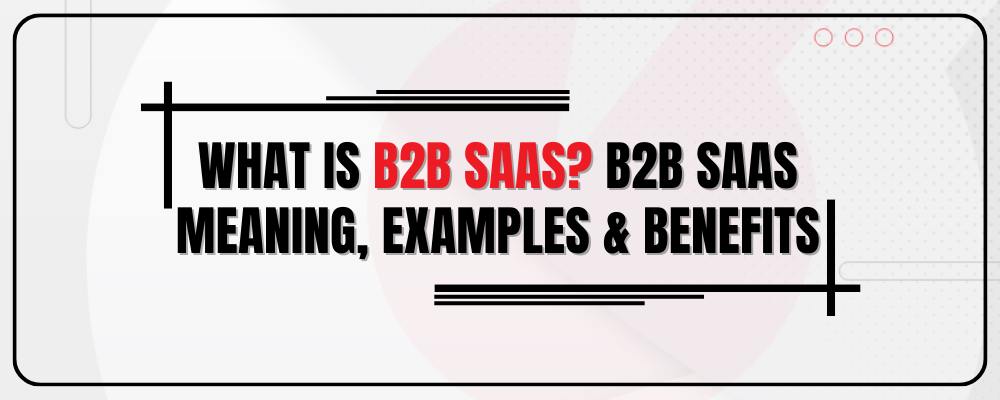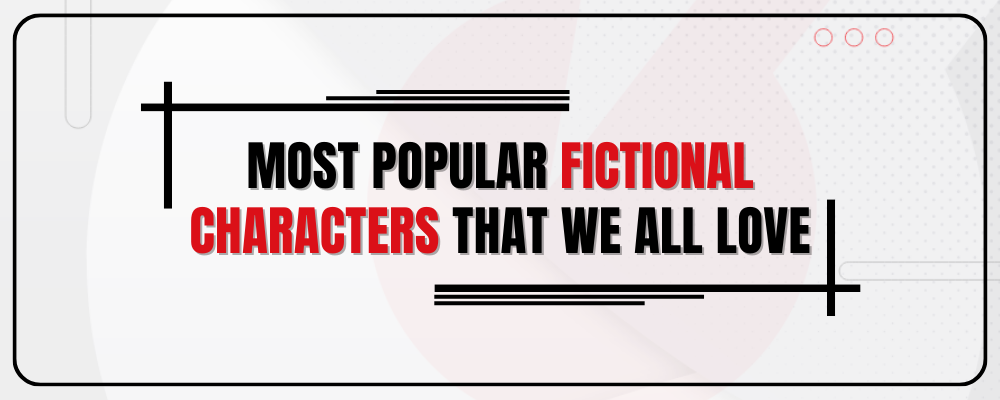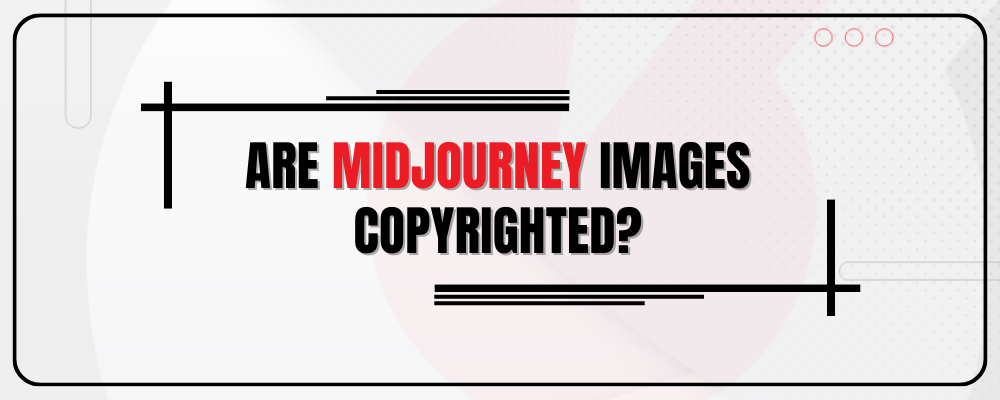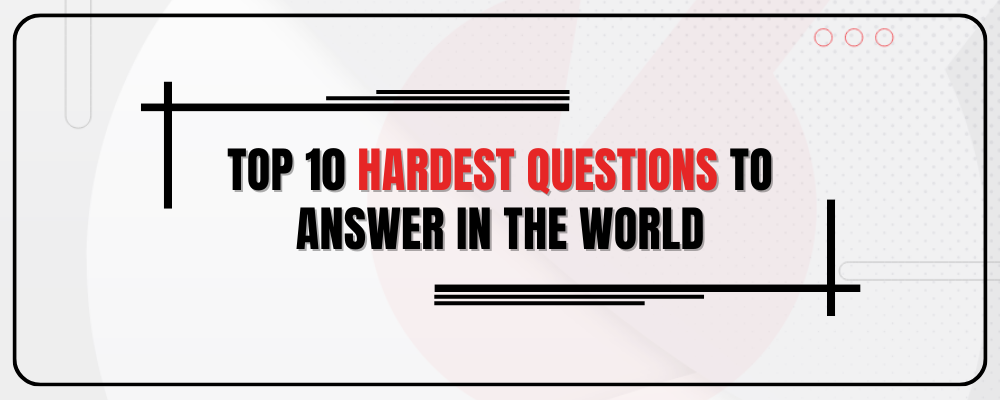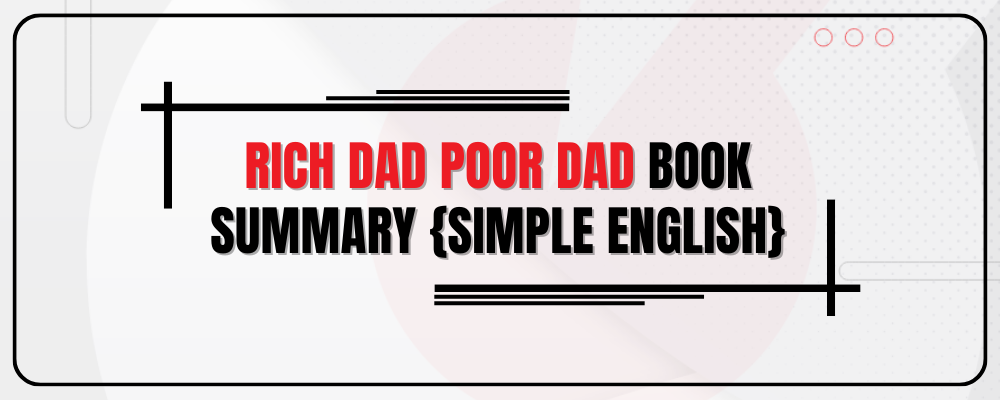What Is B2B SaaS?
B2B SaaS stands for “Business-to-Business Software as a Service.”
In simple words, it is a software application that designed for businesses to use on a subscription basis.
Instead of buying and installing software, companies can access and use these tools on a website, paying a monthly rent for the service.
It is often used to streamline and improve various business processes, such as customer relationship management, project management, or communication.
Where did it come from? Origin of SaaS
The concept of Software as a Service (SaaS) can be traced back to the early 2000s when internet connectivity became more reliable, and cloud computing gained prominence.
Salesforce, founded in 1999, is often considered the pioneer of SaaS, offering customer relationship management (CRM) software through a subscription model.
The success of Salesforce paved the way for the proliferation of B2B SaaS companies across various industries.
Key Characteristics of B2B SaaS
1. Subscription-Based Model
B2B SaaS operates on a subscription model.
It requires businesses to pay a recurring fee for accessing the software. This subscription approach is very beneficial because it provides businesses with financial flexibility as they can budget for predictable recurring expenses. This model is also convenient for scalability, allowing companies to adjust their usage based on their current needs and upgrade as they grow.
Subscribers also benefit from ongoing support from the SaaS company and do not need to worry about technical maintenance.
2. Cloud-Based Deployment
These applications are hosted online, allowing users to access the software seamlessly from any device or any location as long as they have an internet connection.
This eliminates the burden on businesses to manage complicated hardware infrastructure or dedicated in-house servers.
The cloud-based approach not only enhances accessibility but also facilitates easy scalability, ensuring that businesses can adapt and grow without worrying about physical server limitations.
3. Multi-Tenancy:
These applications are typically designed to serve multiple customers (tenants) from the same source.
This shared environment promotes economies of scale for SaaS providers and leads to cost-effectiveness for its customers. So it’s good for both.
Businesses benefit from a shared yet managed application at a fraction of the total cost while SaaS companies can rent it to hundreds of users from the single code base.
4. Automatic Updates
One distinctive feature of B2B SaaS is the seamless delivery of software updates and maintenance by the service provider.
This means users always have access to the latest features, improvements, and security patches without the need for manual installations.
5. Data Backup & Security
These SaaS applications come with their own data storage space. All you have to manage is your user ID and password and rest assured that the application is up and running at its maximum efficiency. Moreover, your business data is also well-secured in their cloud servers with a robust backup plan as well as state-of-the-art security. This takes another worry off your mind about managing data in-house as your information is safe, accessible, and protected from unexpected mishaps.
B2B Saas Companies
B2B SaaS has found applications across various industries.
Some notable examples include:
Customer Relationship Management (CRM)
Salesforce, HubSpot, and Zoho CRM are popular B2B SaaS solutions that help businesses manage customer interactions, streamline sales processes, and improve customer relationships.
Enterprise Resource Planning (ERP)
SAP, Oracle NetSuite, and Workday offer B2B SaaS solutions for comprehensive business management, covering areas like finance, human resources, and supply chain.
Project Management
Asana, Trello, and Monday.com provide B2B SaaS solutions for efficient project planning, collaboration, and task management.
Communication and Collaboration
Slack, Microsoft Teams, and Zoom offer B2B SaaS solutions for seamless communication, collaboration, and virtual meetings within organizations.
Human Resources (HR)
BambooHR, Zenefits, and ADP Workforce Now offer B2B SaaS solutions for HR management, including payroll, employee onboarding, and performance tracking.
Marketing Automation
Marketo, Mailchimp, and HubSpot Marketing Hub provide B2B SaaS solutions to automate marketing processes, lead generation, and campaign management.
Service Types
B2B SaaS encompasses a wide range of services tailored to address specific business needs.
Some common service types include:
- Platform as a Service (PaaS): PaaS provides a platform that allows businesses to develop, run, and manage applications without dealing with the complexities of infrastructure. Examples include Google App Engine and Heroku.
- Infrastructure as a Service (IaaS): IaaS offers virtualized computing resources over the internet, including virtual machines, storage, and networking. Amazon Web Services (AWS) and Microsoft Azure are prominent examples.
- Vertical SaaS: Vertical SaaS caters to the specific needs of a particular industry or niche. For example, Veeva Systems provides SaaS solutions tailored for the life sciences and pharmaceutical industry.
- Horizontal SaaS: Horizontal SaaS solutions cut across various industries, providing general-purpose tools. Examples include Slack for communication and Salesforce for CRM.
- Mobile SaaS: With the increasing use of mobile devices, mobile SaaS delivers software applications specifically designed for smartphones and tablets. Salesforce Mobile and Microsoft 365 mobile apps are examples.
Requirements and Conditions
While B2B SaaS offers numerous benefits, businesses must consider certain requirements and conditions when adopting these solutions:
- Internet Connectivity: Since B2B SaaS relies on cloud-based deployment, a stable internet connection is essential for seamless access and functionality.
- Security and Compliance: Businesses must assess the security measures implemented by SaaS providers, ensuring that data is encrypted, and compliance with industry regulations is maintained.
- Integration Capabilities: B2B SaaS solutions should integrate seamlessly with existing business systems to avoid disruptions and enhance overall operational efficiency.
- Scalability: As businesses grow, their software requirements evolve. B2B SaaS solutions must be scalable to accommodate increasing data, users, and complexity.
- Customization: While B2B SaaS solutions offer standardized features, businesses may require customization to meet specific needs. Providers that offer flexibility and customization options are preferred.
Benefits of B2B SaaS
- Cost-Efficiency: B2B SaaS eliminates the need for upfront hardware and software investments, allowing businesses to pay for the services they use on a subscription basis.
- Accessibility and Flexibility: Cloud-based deployment enables users to access B2B SaaS applications from anywhere with an internet connection, fostering collaboration and flexibility in remote work environments.
- Automatic Updates and Maintenance: SaaS providers handle updates and maintenance tasks, ensuring that businesses always have access to the latest features and security enhancements without the need for manual intervention.
- Scalability: B2B SaaS solutions can scale easily to accommodate growing business needs, making them suitable for startups and enterprises alike.
- Focus on Core Competencies: By outsourcing software management to SaaS providers, businesses can concentrate on their core competencies without the burden of managing complex IT infrastructure.
Challenges and Considerations
Despite the advantages, businesses must also consider the challenges associated with B2B SaaS adoption:
Data Security Concerns
Entrusting sensitive data to a third-party provider raises concerns about data security and privacy. Businesses must carefully evaluate the security measures implemented by SaaS providers.
Integration Challenges
Integrating B2B SaaS solutions with existing systems can be complex, and businesses must ensure compatibility for seamless operations.
Dependency on Internet Connectivity
Reliance on internet connectivity makes businesses vulnerable to disruptions in case of network issues or outages.
Customization Limitations
While many B2B SaaS solutions offer customization options, there may be limitations in tailoring the software to highly specific business requirements.
The flexibility, scalability, and cost-efficiency offered by B2B SaaS make it a great choice for businesses across various industries.

